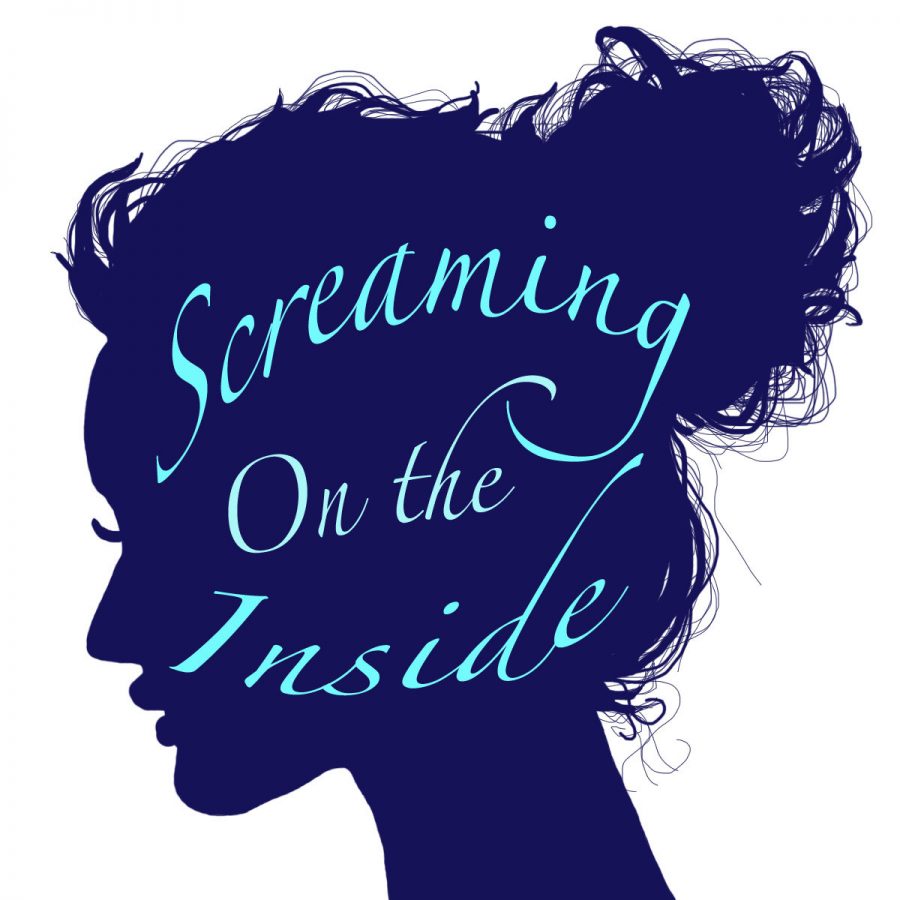Screaming On the Inside
Just let me sleep
I am exhausted. This isn’t a status update — it’s a perpetual life condition.
It doesn’t matter what I do at this point. No matter what time I go to bed, what time I set my alarm for or how often I take naps. I’m just always tired. Even on the rare occasions I do get eight or more hours of sleep, I still feel like the walking dead the next day.
It’s stress, I’m sure. And the depression. I’ve tried so many things that are supposed to help: meditation, sleep supplements, avoiding television during the last few hours of the day — none of it helps.
I find I often have too many thoughts bouncing around in my head as I try to sleep. I have found it helpful to write those thoughts down. The action of taking them out of my head and putting them on a page is satisfying, in a way.
But even though that does, occasionally, help me fall asleep, I still never feel fully-rested. I can’t even talk about how many morning classes I’ve missed because I’ve fallen back asleep after my alarm went off.
I’m definitely not alone in this. According to a 2001 Harvard study, only 11 percent of college students reported sleeping well on a consistent basis. A 2007 study by the American College Health Association found that only 40 percent of college students report feeling well-rested at least two days a week.
These statistics are ridiculous.
Sleep is so incredibly important for our health. According to HealthFinder.gov, adults need a solid 7 to 8 hours of sleep each night to feel well-rested.
When we get the right amount of sleep on a daily basis, we get sick less often, it’s easier for us to maintain a healthy weight, our risk of experiencing serious heart issues is reduced, our stress and mood is easier to maintain at a positive level, we are able to think and focus more clearly in school or at work, we get along better with the people around us and we generally have clearer decision-making abilities, according to HealthFinder.gov.
So basically, getting an appropriate amount of sleep equals improved mental and physical health. But having that information doesn’t make getting on an effective sleep schedule any easier.
They say it’s best to go to sleep and get up at the same time every day. But how do people do that?
I spend the majority of my days in and out of classes, work and meetings. My evenings are reserved for homework and chores. By the time I get through all of that, it’s already relatively late.
Additionally, I can’t help but stay up just a little later to spend time with my friends or my boyfriend — because I’m a human being, and I would like to enjoy some aspects of my life.
So, I end up staying awake later than I should, and I have great difficulty maintaining a solid schedule.
Weekends aren’t much better. Once again, during the daytime, my focus generally goes toward work or assignments. My nights are for relaxing and having fun.
I understand that I am 100 percent making excuses, but I prefer to think that 24 hours in a day just isn’t enough.
That’s my dilemma. I know I need sleep, but I have no self-control. And even when I do act a bit more responsibly with my sleep schedule, I can’t ever really seem to feel well-rested.
It’s a never-ending cycle of exhaustion and it sucks. All I want to do during the day is nap.
So, just be aware: if you ever see me during one of my morning classes, I am definitely screaming at myself on the inside. It’s the only way I can maintain consciousness.
Fuerstenberg can be reached at [email protected].

Madeline Fuerstenberg is a fourth-year journalism student. This is her eighth semester on The Spectator staff and she’ll miss it with all her heart once she graduates (if she graduates).

